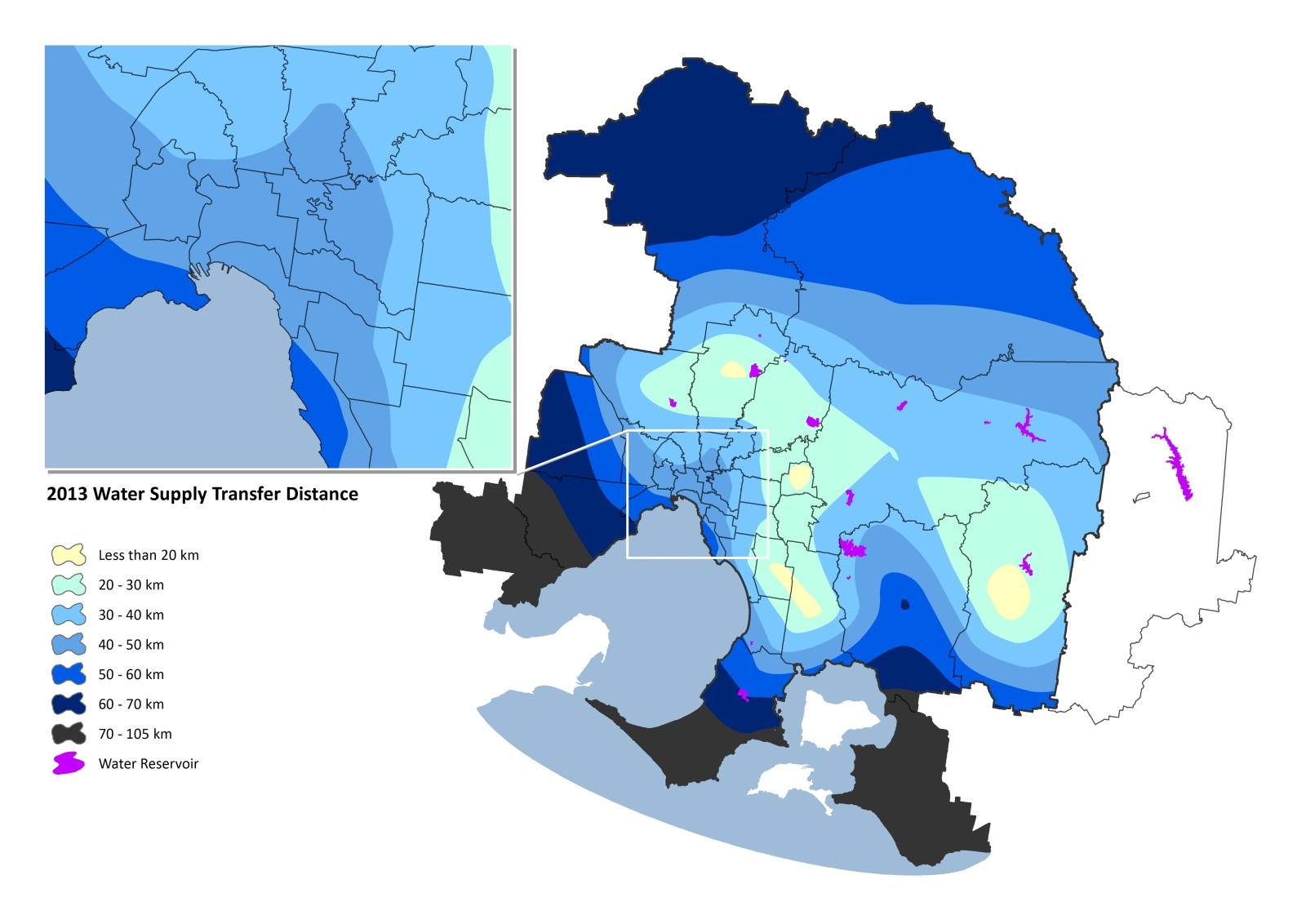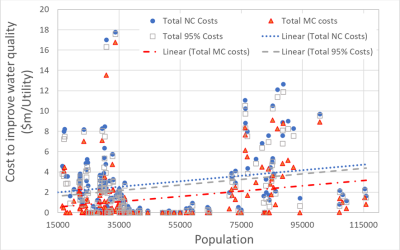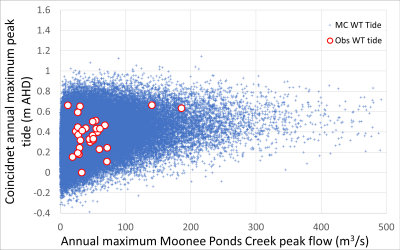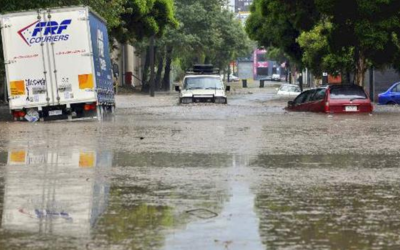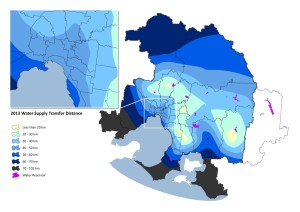
This study employed unique spatially and temporally explicit methods of systems analysis. It was found that alternative water cycle management embedded within existing centralised water cycle networks can offer technically, commercially and environmentally viable strategies.
The analysis was subject to detailed stakeholder and review processes. A hindcasting process was utilised to confirm the accuracy and enhance of the existing Systems Framework. The integrated systems model was used to support an evidence based policy process used by the Victorian Government. The enhanced systems model successfully reproduced the behaviour of regional storages, water demands and wastewater discharges. The spatial robustness of the systems model was verified for generation of water demands and wastewater discharges throughout Greater Melbourne. Costs and greenhouse gas emissions in the systems model were also successfully verified against all available data.
The systems model provided similar or more conservative results for the impacts of expected climate change than estimates provided by CSIRO and IPCC. More than 40 discrete combinations of Options and Scenarios were tested that provided a rich data set for understanding the future challenges and opportunities for Greater Melbourne’s water cycle.
The existing system (BAU) is critically dependent on (or sensitive to) variations in climate and population. The expected increases and accumulation of wastewater and stormwater in water cycle networks are significant challenges for Greater Melbourne to 2050.This investigation has found that up to three additional augmentations of the regional water supply system are required for BAU to 2050 in response to potential climate change.
The building scale Options substantially mitigate the challenges of variable population and climate. The precinct scale Options almost eliminate the challenges of variable population and climate. Alternative Options can generate substantial reductions in water demand, wastewater discharges and stormwater runoff. Alternative Options can provide significant reductions in the cost of providing water and wastewater services that include reduced transfer costs of providing water and sewage services.
The full costs (and benefits) of projects for water cycle management are not currently considered. This is likely to create bias in decision making processes towards augmentation using large scale infrastructure. The variances and inconsistencies in data highlighted in this investigation indicate that it has been previously difficult to develop accurate spatial understanding of the performance of Greater Melbourne’s water cycle. Thus it is unlikely that the actual costs of providing services to discrete spatial locations throughout Greater Melbourne have been considered.

